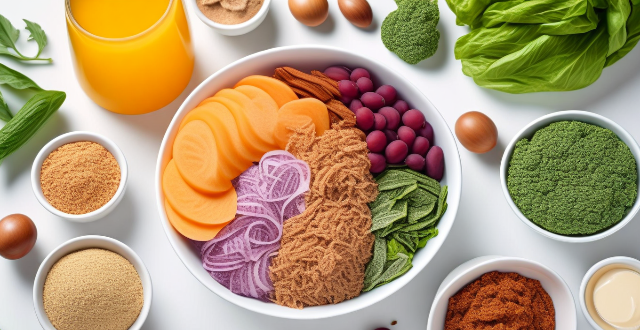Drinking smoothies can be a part of a healthy diet, but it depends on the ingredients used and how often you consume them. Smoothies can be nutrient-dense, convenient, and customizable, but they can also be high in calories and sugar if not made properly. To make a healthy smoothie, use whole foods, limit added sugars, add protein, balance flavors, and practice portion control.

Is Drinking Smoothies a Part of a Healthy Diet?
Drinking smoothies can be a part of a healthy diet, but it depends on the ingredients used and how often you consume them. Here are some key points to consider:
Benefits of Smoothies
- Nutrient-dense: Smoothies can be packed with vitamins, minerals, and antioxidants from fruits and vegetables.
- Convenient: They are easy to make and can be consumed on-the-go.
- Customizable: You can tailor your smoothie to your taste preferences and dietary needs.
Potential Downsides
- Calorie count: Smoothies can be high in calories if you add too much fruit or use sugary juices as a base.
- Sugar content: Even natural sugars from fruit can add up quickly, leading to a spike in blood sugar levels.
- Lack of fiber: Blending fruits and veggies removes their fiber, which is essential for digestive health.
Tips for Making Healthy Smoothies
1. Choose whole foods: Use whole fruits and vegetables instead of juices to maintain fiber content.
2. Limit added sugars: Avoid adding sugary syrups or honey; opt for unsweetened almond milk or coconut water as a base.
3. Add protein: Incorporate protein powder, Greek yogurt, or nut butter to make your smoothie more filling.
4. Balance flavors: Use a mix of sweet and bitter greens like spinach or kale to balance out the sweetness from fruit.
5. Portion control: Stick to one serving size per meal to avoid overconsumption of calories and sugar.
In conclusion, drinking smoothies can be a part of a healthy diet when done right. Just remember to pay attention to the ingredients you use and how often you consume them.